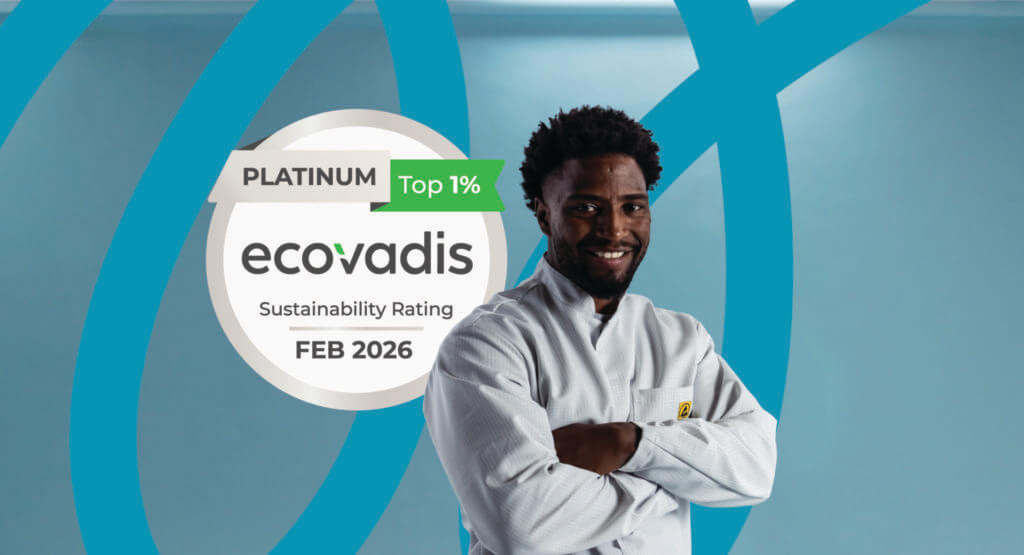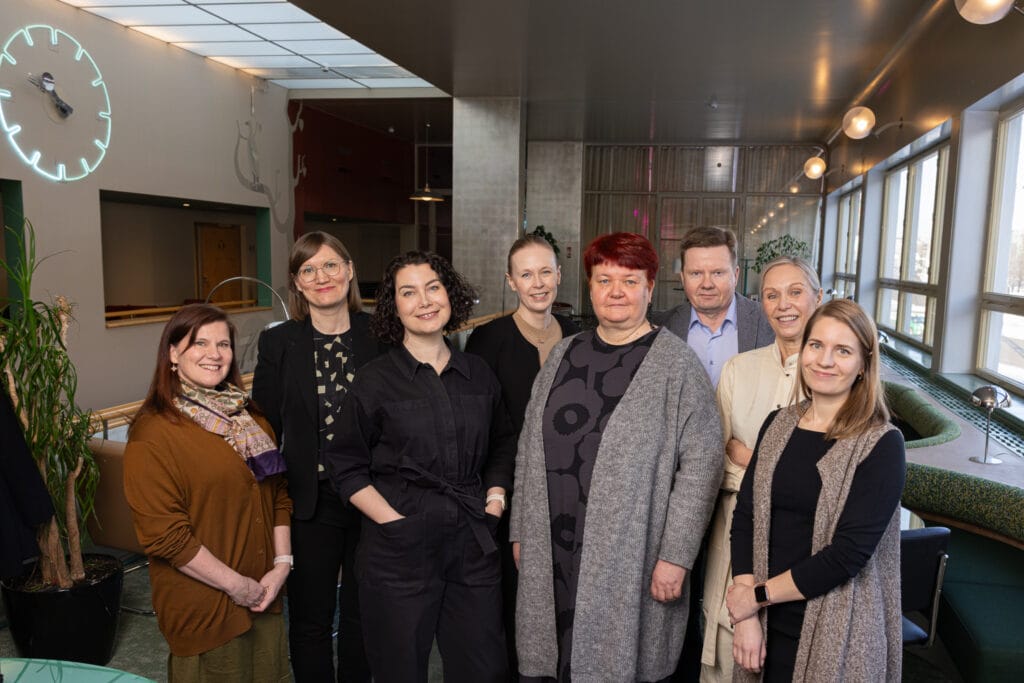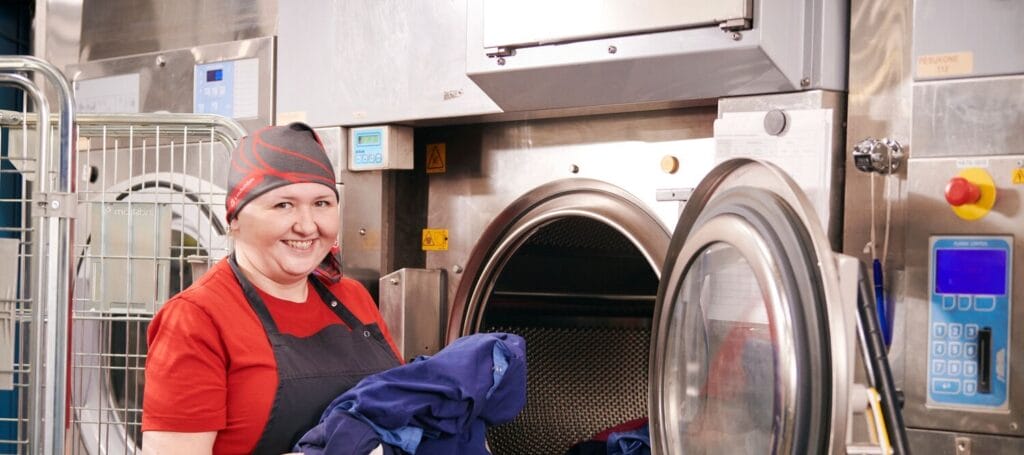
Recovering heat for energy efficiency
In 2015, Lindström focused particularly on energy efficiency. Since energy acquisitions are one of the Group’s main purchasing items, improving energy efficiency directly impacts profitability and pricing. By enhancing energy efficiency, Lindström can mitigate the upward pressure on prices caused by rising energy costs. While Lindström’s total production has steadily grown, energy consumption per maintained kilo of waste has decreased. The company aims to reduce its energy consumption by 6% by 2020. We plan to achieve this goal by focusing on the energy efficiency of facilities and heat recovery in the washing process.
Advancements in heat recovery from the wash water and exhaust air of dryers have significantly improved the company’s energy efficiency. In 2015, we installed new heat recovery systems in Estonia, Finland, and Slovenia, and we updated existing equipment in Finland. We carried out these installations and updates in the latter half of 2015. We have not yet measured the annual energy-saving rate. However, the efficiency coefficient of heat recovery systems ranges from 15 to 25%. We expect repairs to existing systems to achieve savings of approximately 10% .
We have examined energy efficiency in real estate through energy analyses.
Fine-tuning the ventilation, heating, and air conditioning of properties and adopting best practices have resulted in up to 12% savings without additional investments. The energy analysis also focuses on the energy efficiency of each facility.
Lindström conducts energy reviews in accordance with EU legislation and applies the Finnish Energy Efficiency Act in all its operations. In 2015, the Group’s parent company in Finland met the legal requirements. Lindström conducted an energy review for the entire parent company and carried out unit-specific reviews covering 10% of energy consumption in the Oulu unit and Comforta units in Tampere. We will implement practices proven to be efficient according to these reviews in all its units.

Related

Resource scarcity is reshaping textiles. Working with a textile service provider can help you manage risks and gain a competitive edge.

The Platinum medal places Lindström among the top 1% of more than 150,000 companies assessed globally by EcoVadis.

The Nature Business Network aims to accelerate the shift to an economy that protects natural resources through business-led action for nature.

